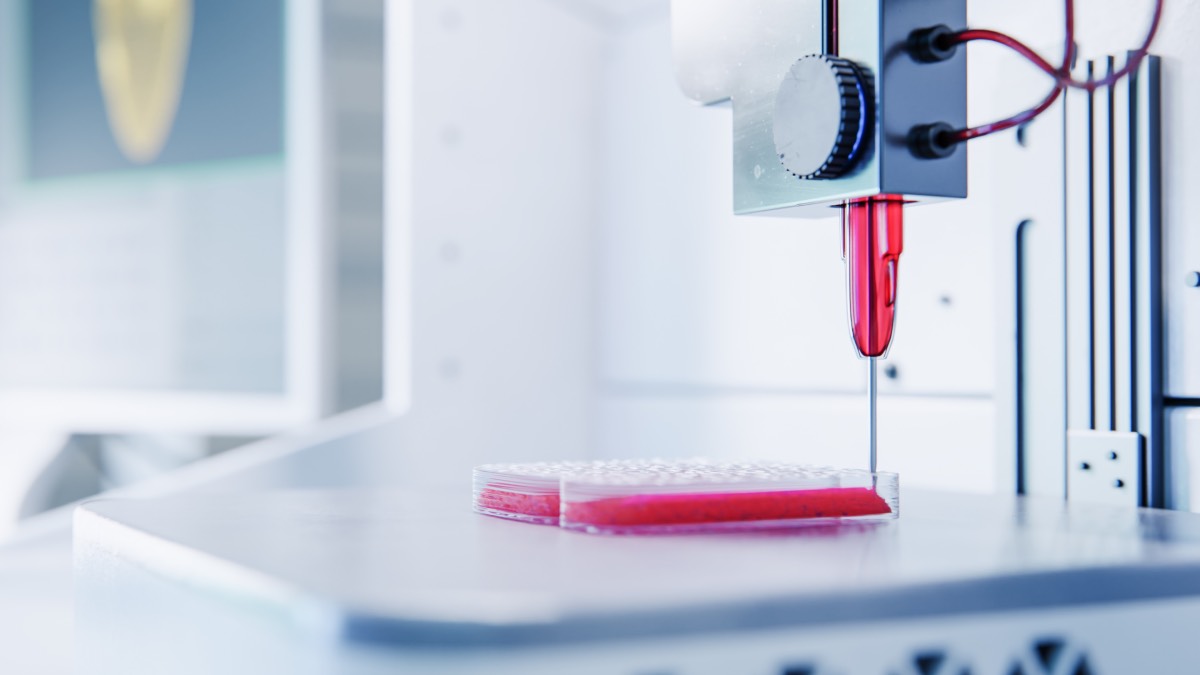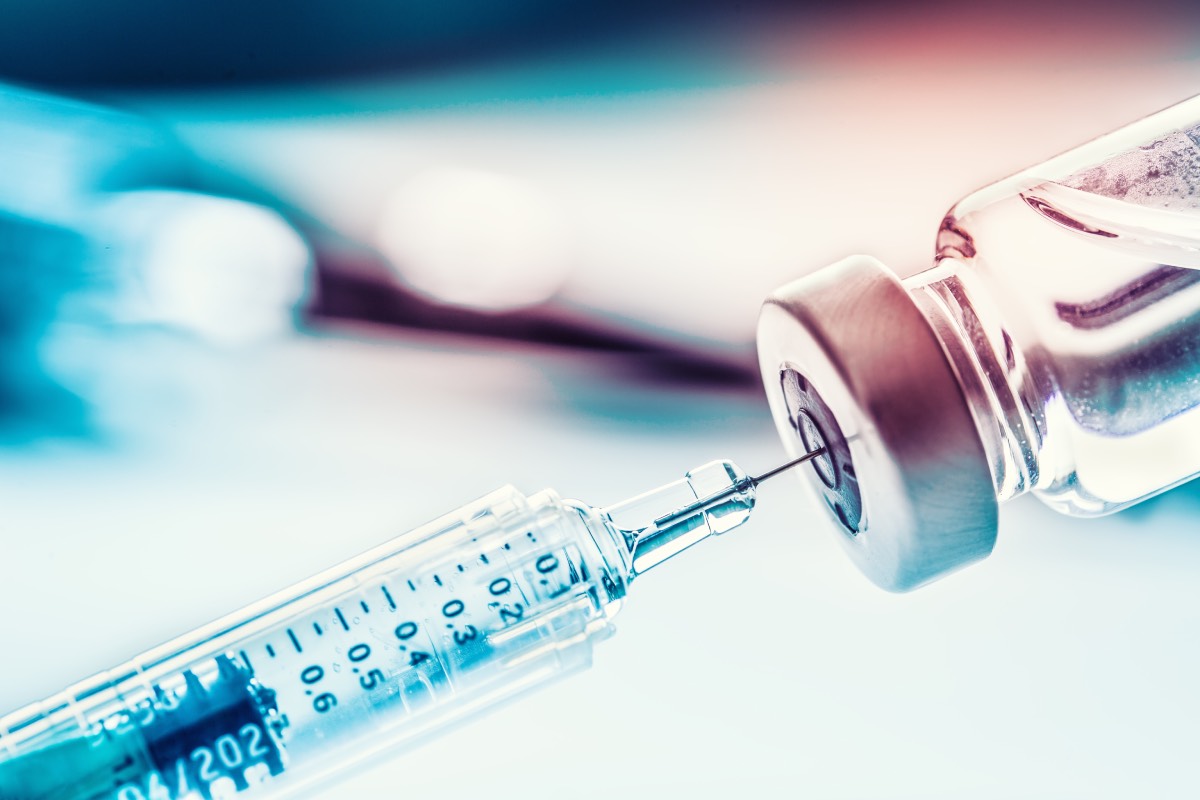Cognitive Recovery After General Anesthesia
After undergoing surgery that requires general anesthesia, many patients expect to wake up and quickly return to their normal selves. While physical recovery is often the primary concern, cognitive recovery—the brain’s return to its usual functions—after general anesthesia can take longer and be less noticeable, yet it plays a critical role in a patient’s overall recovery process. General anesthesia produces a reversible, drug-induced coma that affects brain activity, allowing patients to undergo surgery without pain, awareness, or memory of the procedure. Although the effects of anesthesia wear off quickly after surgery for most people, the brain may take more time to return to its baseline state.
Immediately after waking from anesthesia, patients often feel groggy, disoriented, or confused. These symptoms are expected and typically short-lived, lasting from a few minutes to several hours. However, for some individuals—particularly older adults or those with pre-existing cognitive conditions—recovery can take days or even weeks. In certain cases, patients experience a condition called postoperative cognitive dysfunction (POCD), characterized by problems with memory, attention, and thinking that persist beyond the initial recovery phase. POCD is not fully understood, but it is thought to be linked to factors such as age, the type and duration of surgery, and overall health.
Even in people without POCD, subtle cognitive effects can linger after general anesthesia. Tasks that require concentration, problem-solving, or multitasking might feel more difficult in the first few postoperative days. This is why many doctors advise patients not to make important decisions or return to work immediately after surgery, especially in roles that require high mental performance. This is also why patients are not allowed to drive themselves home after a procedure involving anesthesia, even if they may think they are fully recovered. The brain, much like the body, needs rest to heal. Sleep, hydration, proper nutrition, and a calm environment can all support faster recovery.
Importantly, anesthesia itself is generally considered safe, and most people do not experience long-term cognitive problems as a direct result. The medications used are carefully tailored to each patient, and anesthesiologists monitor vital signs throughout the procedure to reduce any risks. However, certain surgeries, such as those involving the heart or brain, can pose a higher risk for prolonged cognitive effects due to the complexity of the procedure and the potential for inflammation or reduced blood flow.
Another factor that may impact cognitive recovery after general anesthesia is the body’s stress response. Surgery triggers the release of inflammatory substances in the body, which can affect the brain and cause temporary cognitive changes. In addition, pain medications, especially opioids, can also obstruct thinking and slow mental recovery. These effects are usually reversible, but they can make the postoperative period more challenging.
While most people fully regain their cognitive abilities within days or weeks, it is important to monitor symptoms and communicate with healthcare providers if changes in memory, focus, or mental clarity persist. Family members and friends can play a key role in noticing these changes and supporting recovery. In rare cases, extended cognitive symptoms may require assessment by a neurologist or cognitive specialist.
Understanding that cognitive recovery is a normal part of the healing process after general anesthesia can help patients and their families set realistic expectations. Taking the time to rest, following postoperative instructions, and staying in touch with medical professionals are all part of ensuring a safe and smooth return to mental well-being after anesthesia.
More From The Blog

Bioprinting for Medicine
Bioprinting is an emerging medical technology that often captures public imagination, but it is important to understand both its promises and its present limitations. At

Reasons Against Using Remimazolam As An Anesthetic Agent
Remimazolam, a newer intravenous anesthetic agent, has gained attention in the medical community due to its unique pharmacological properties, such as rapid onset and short